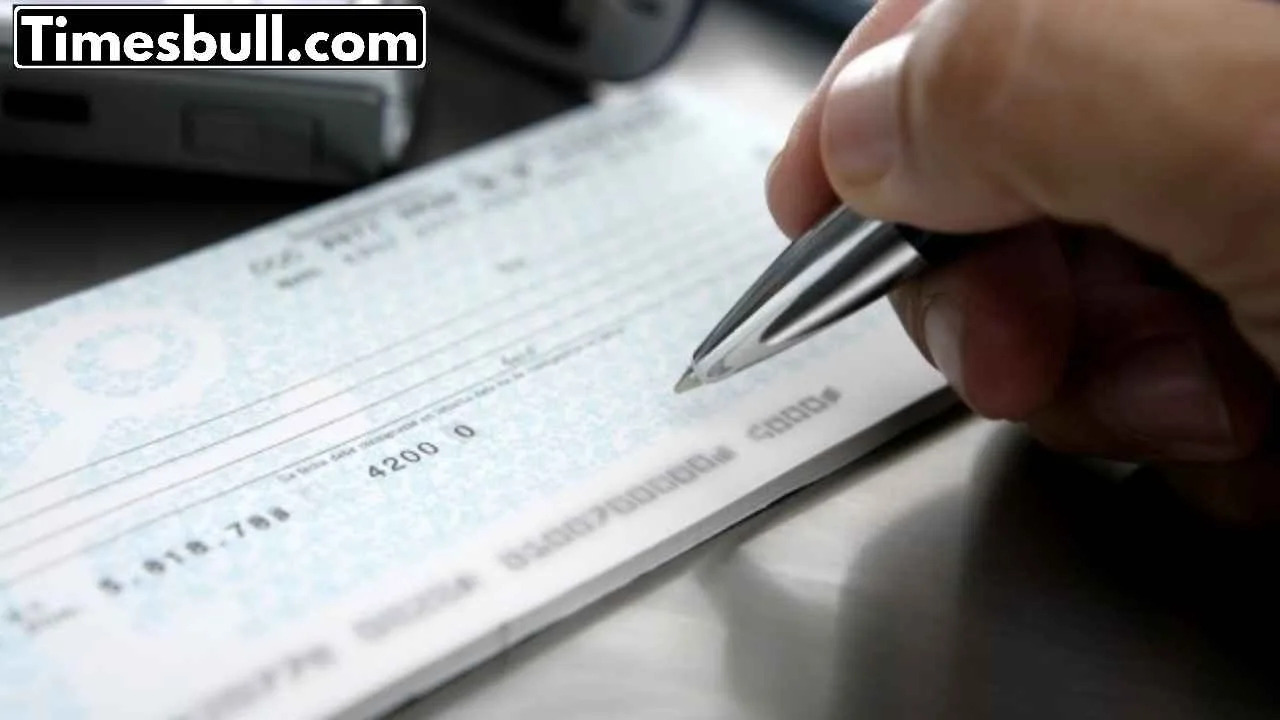Cheque Bounce New Rules: If you also transact by check, then this news is very important for you. The government has taken the increasing incidents of check bounce seriously and has tightened the rules. These new rules have also come into effect from April 1, 2025. Their aim is to curb fraud, make the payment system transparent and ensure quick resolution of complaints. Under the new rules, if someone deliberately bounces a check, he will have to face harsher punishment than before. The guilty can be imprisoned for up to two years and fined up to twice the check amount.
Earlier, only one month was given to file a complaint of cheque bounce, which has now been increased to three months. This will give more time to the complainant to present his case, which will make the judicial process more fair. Not only this, the Madras High Court has also issued special guidelines to speed up the process of hearing cheque bounce cases going on in the court.
Complaint will be online, digital proof will also be valid
Now you can file a complaint of cheque bounce online and digital evidence will also be recognised in the court. This facility will be especially beneficial for those who were unable to file a complaint earlier due to lack of time or living far away.
Same action on every bank, alert within 24 hours
Under the new rules, the same procedure will now be applicable for all banks. Irrespective of which bank the cheque belongs to, the action will be the same and strict. Not only this, it will be mandatory for the bank to inform both the account holder and the cheque recipient within 24 hours through SMS and email, in which the clear reason for the cheque bouncing will also be given.
If a person’s cheque bounces three times in a row, the concerned bank can temporarily freeze his account. This step has been taken to maintain discipline in the transaction system.
How to avoid cheque bounce?
- Maintain sufficient balance in the account.
- Fill in the date and name correctly on the cheque.
- Use only black or blue ink.
- Do not use torn or worn out cheques.
- Make sure the cheque is made on ‘Account Payee’.
- Keep checking your bank statement regularly.
- If there is a delay in payment, inform the other person in advance.
What is the legal punishment?
Under Section 138 of the Negotiable Instruments Act, cheque bouncing is a criminal offence. Under this, the culprit can be jailed for up to two years, fined up to double the cheque amount, court fees and lawyer’s expenses. Also, a fine of Rs 100 to Rs 750 can be charged by the bank.












